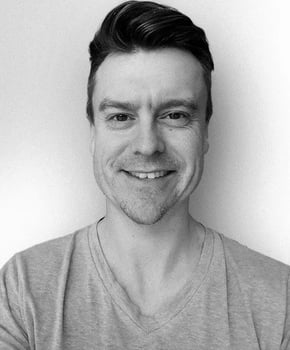"In the end, I came out with about three finished pieces which directly led to me being picked up by DeNA Studios Canada as a Junior Concept Artist."
Meet Concept Artist Alan Blackwell
Alan Blackwell came to us a few years ago seeking a mentor to help him further develop his art skills to hopefully land him a job at a studio.
We spoke to him about how he got started, what it was like working with professional artist and Mentor of Concept Art Jake Collinge (known for Puss in Boots and Racket & Clank), and how he snagged his dream job at a studio as a Junior Game Artist at DeNA.
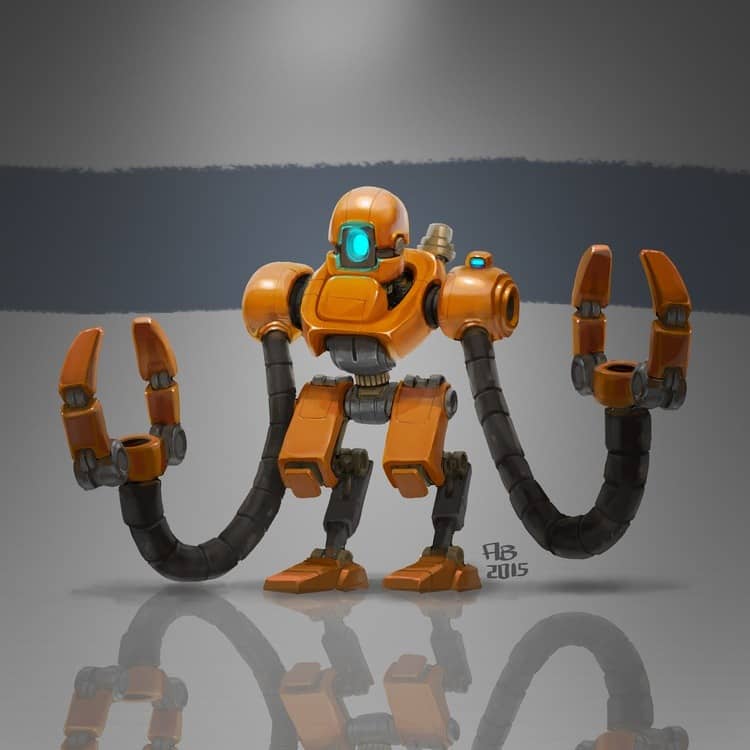
Like many of our mentors, Jake Collinge works as a professional artist in the industry on top of teaching - as a concept artist for films. Alan had some experience as an artist but was looking for a pro to help push his artwork to a professional standard.
Jake not only taught him some new digital drawing and painting techniques for concept design but also how to promote it to get noticed by a film or game studio. This is key for our industry and, without help from industry professionals in the know, can be a daunting task for a freelance artist to break the barrier into entertainment art.
Jake (Collinge) took me through the fundamentals of creating composition, lighting, thumb-nailing and generally gave my work a good push in the right direction."
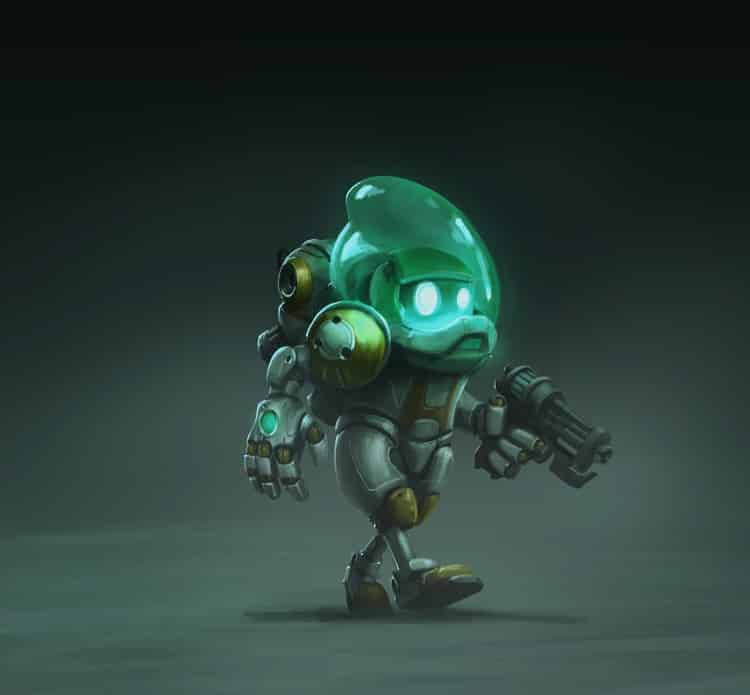
When did you first realise that you wanted to draw for a living?
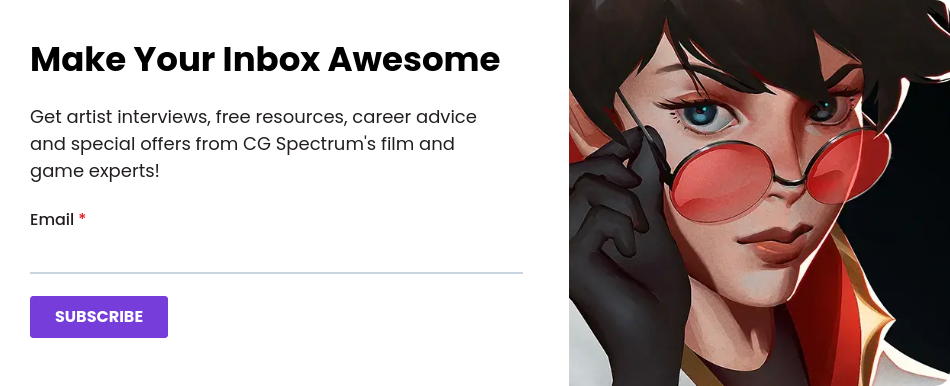
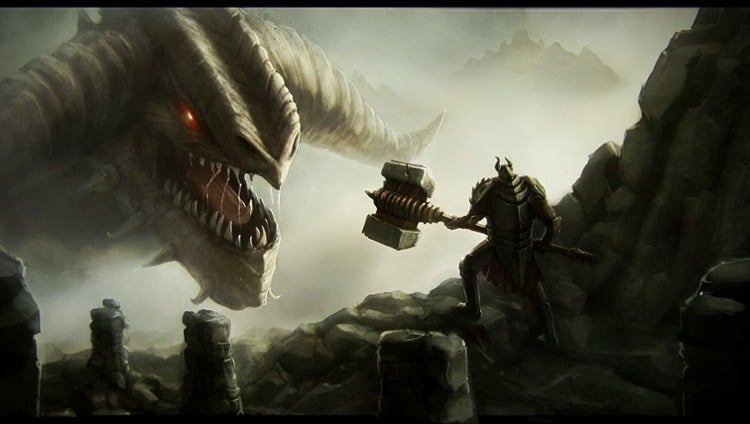
What are you working on at the moment?
How would you describe your style and what do you use to help achieve it? (software, mediums, ect)
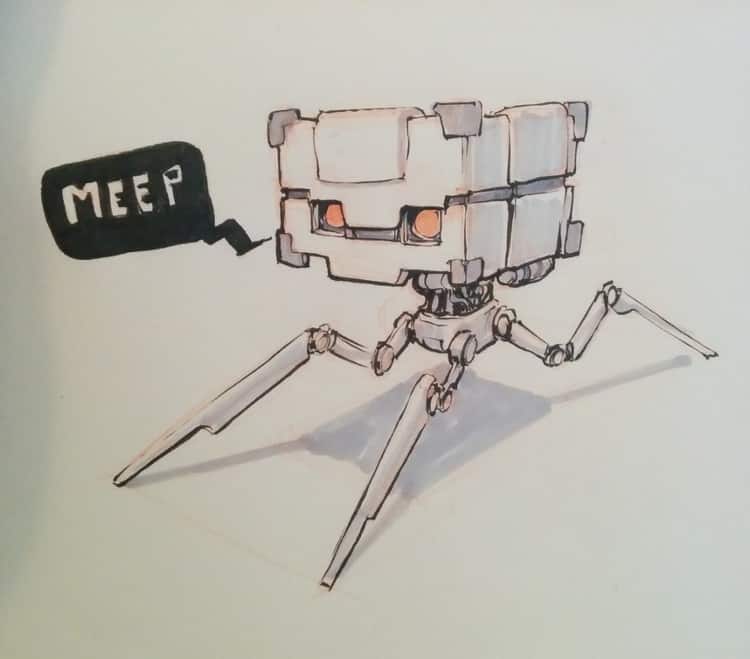
Tell us about your experience at cg spectrum and with mentor jake collinge.
I was working as an admin temp at the time of my mentorship with Jake Collinge. I spent 8 sessions with Jake back in the Summer of 2012 and I was able to meet with him in person, which I found super helpful. I was trying my hardest to practice my skills and find any kind of work in the games industry in Vancouver.
I saw that Jake had openings for some mentorship and was lucky enough that he only lived down the road from me at the time. Jake took me through the fundamentals of creating composition, lighting, thumb-nailing and generally gave my work a good push in the right direction.
Honestly, if you had have told me when I started 'people are going to pay you to draw and design robots' I wouldn't have believed you."Jake took me through some homework exercises related to getting my portfolio quality kicked up a notch. In the end, I came out with about three finished pieces which directly led to me being picked up by DeNA Studios Canada in late 2012 as a Junior Concept Artist. I really appreciated the time I got to work with Jake during those sessions.
What inspires you to get up and draw every day?
'That's it. That's what I want to do.' I've been practicing ever since then."
What have you found to be the best ways to promote your own work?
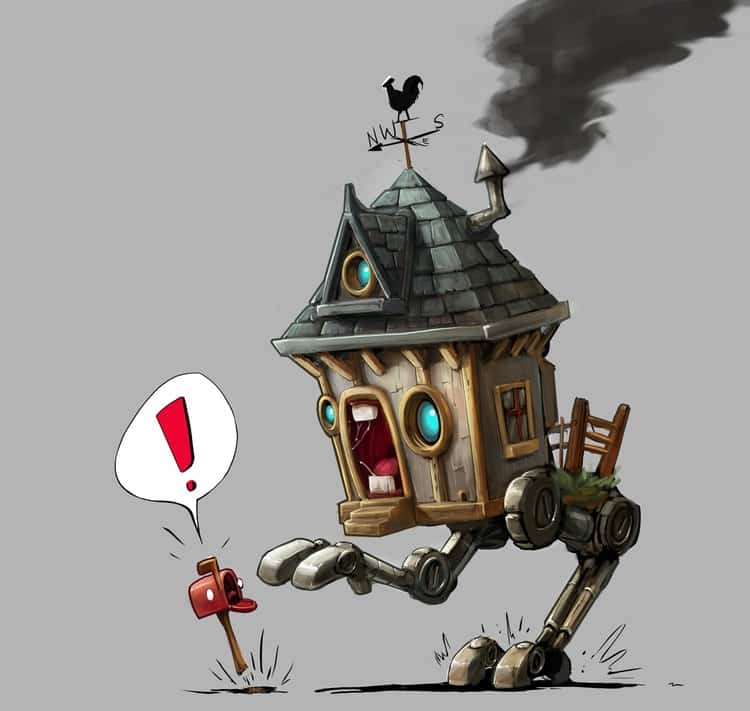
Where do you go to find work as a freelance artist?
Do you have any tips for artists trying to get their foot in the door of this industry? (folio, demo reel, job applications ect)
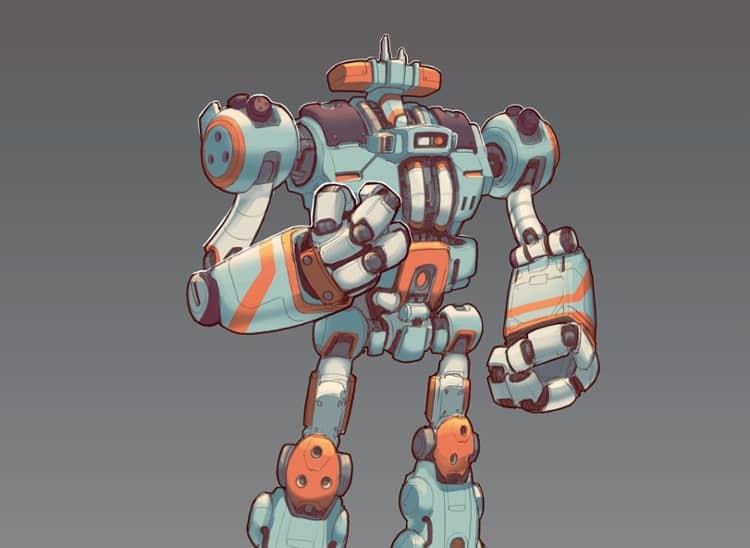
Check out Alan's Blog he updates frequently and follow him on Tumblr. He loves drawing robots and he's great at it!
Ready to start your journey to becoming a freelance artist like Alan? Check out our full Concept Art Courses at the link below!
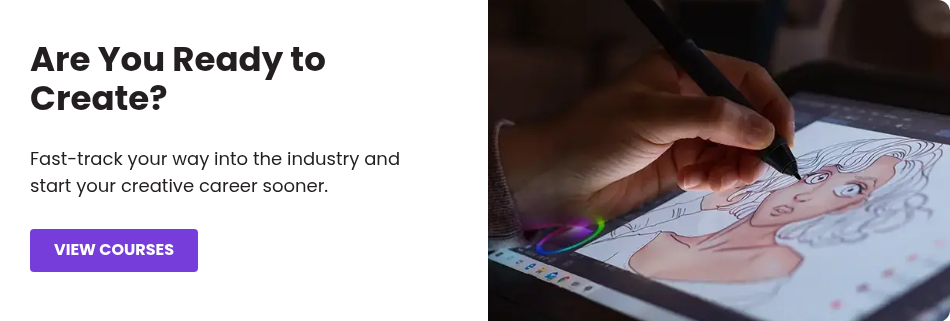
Related Links
